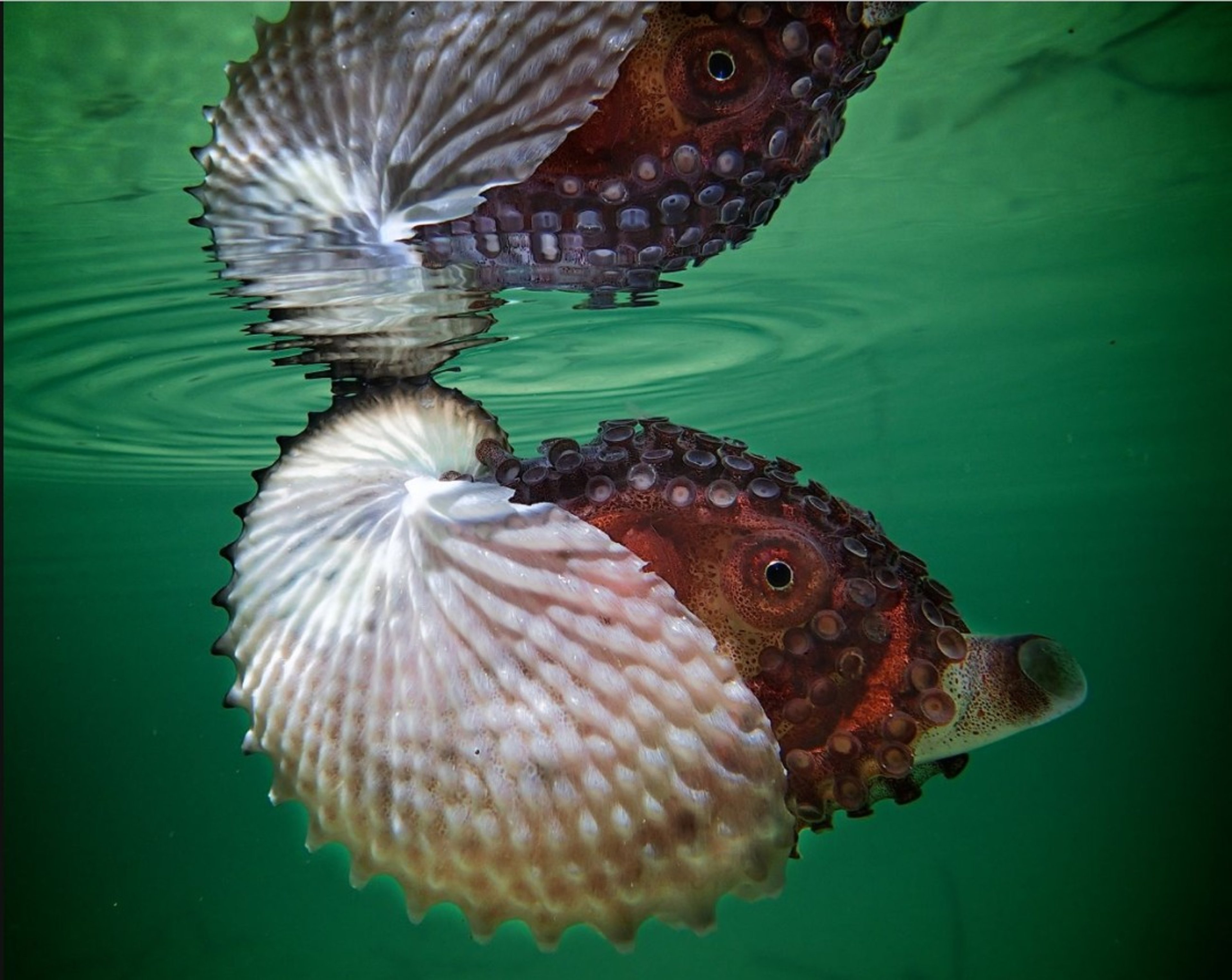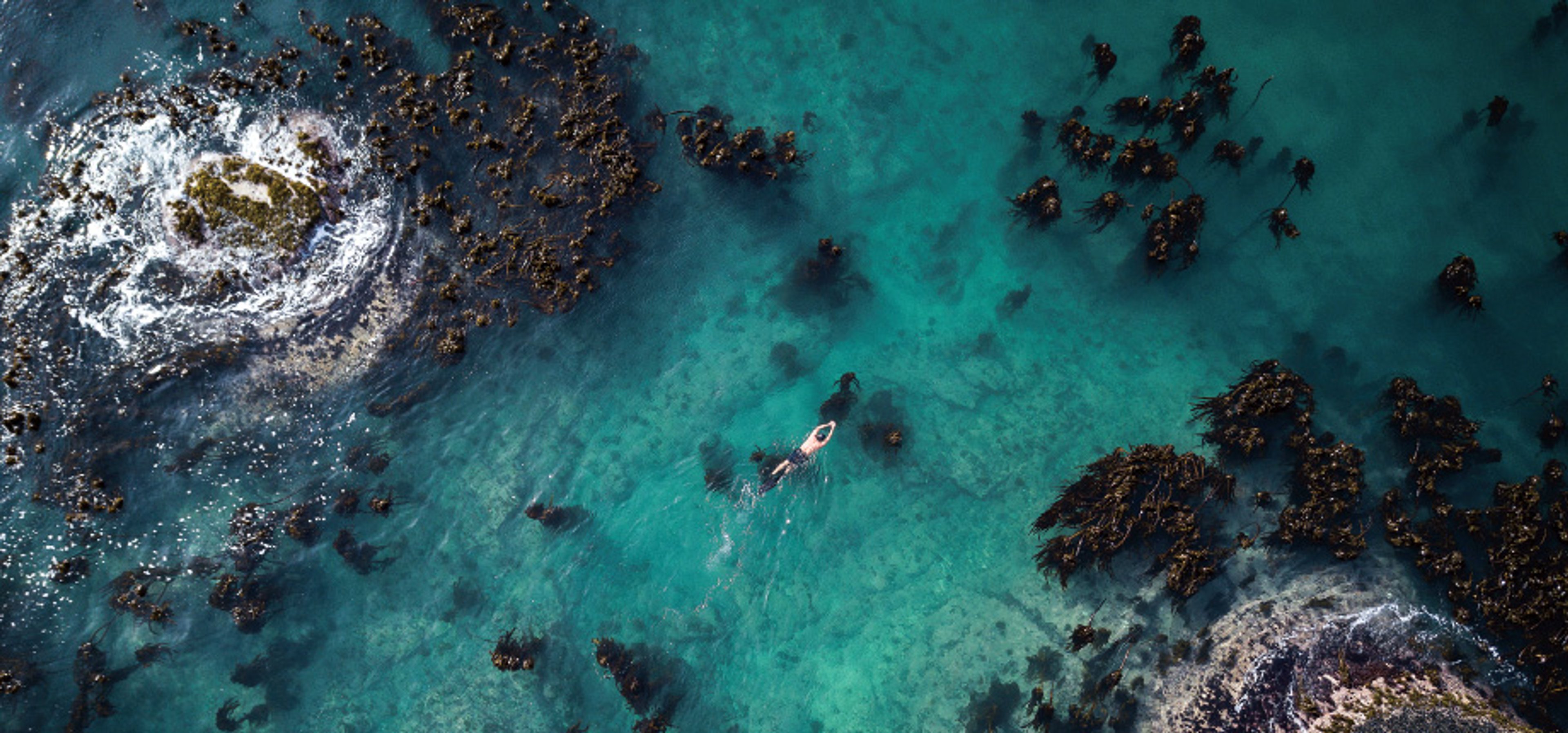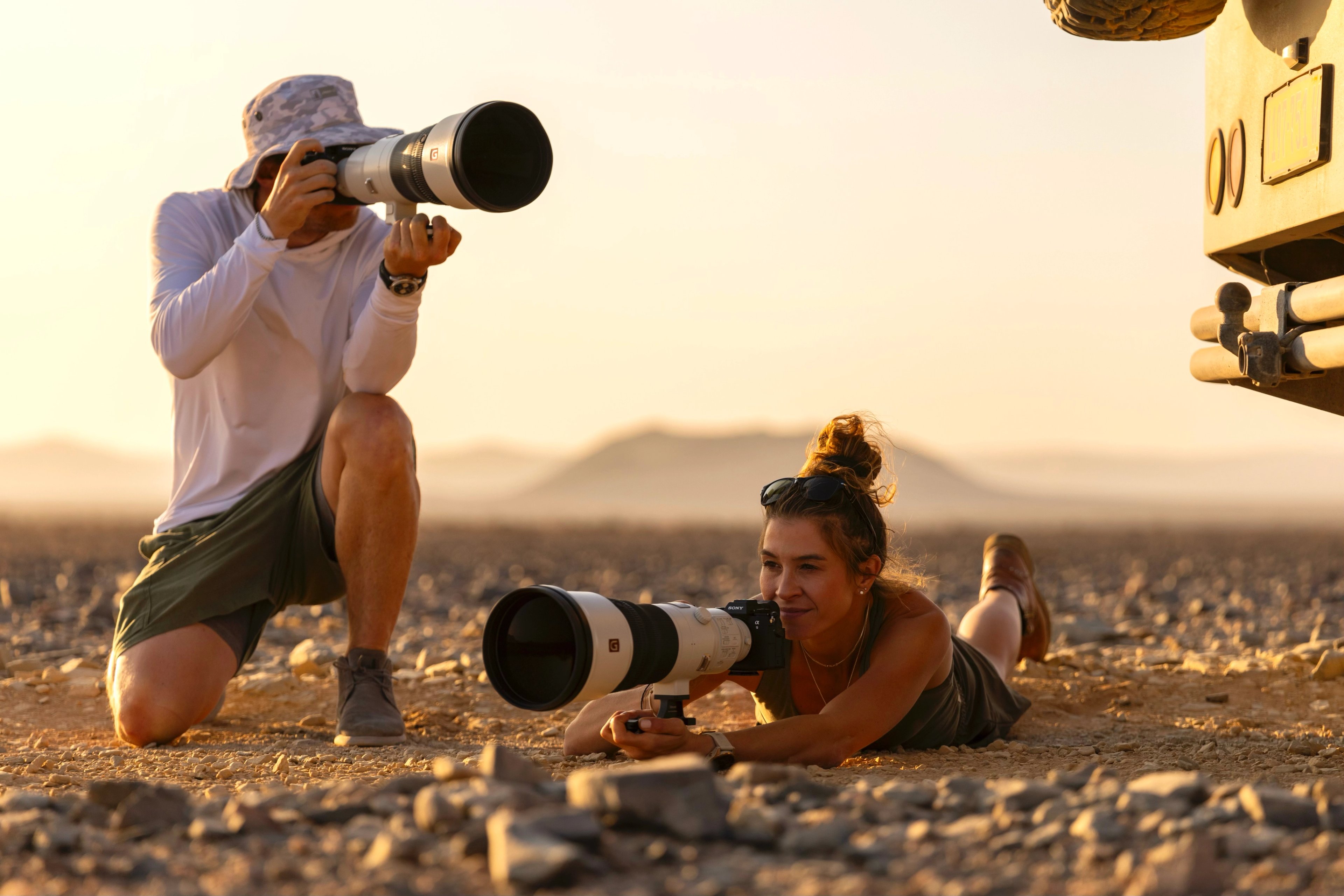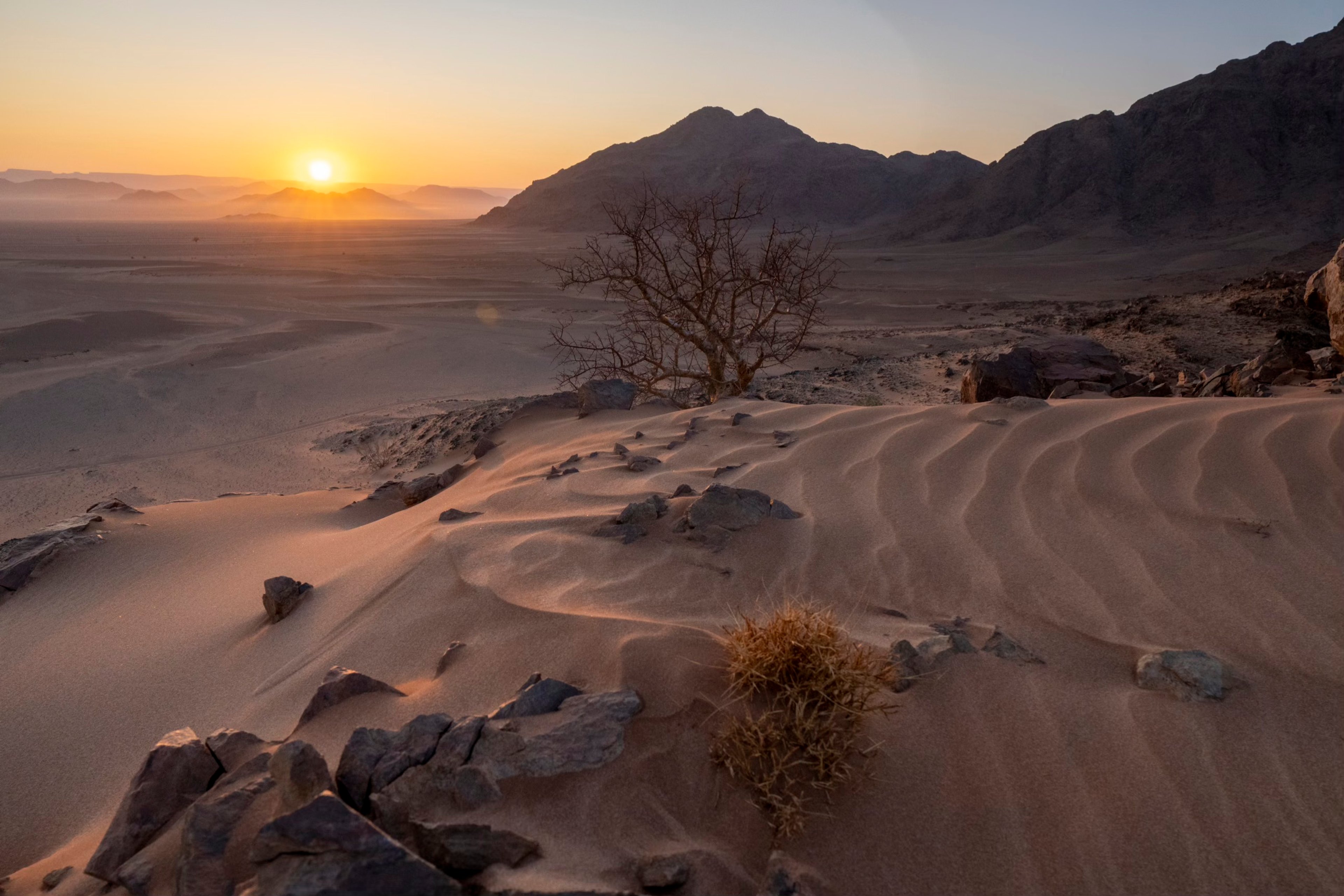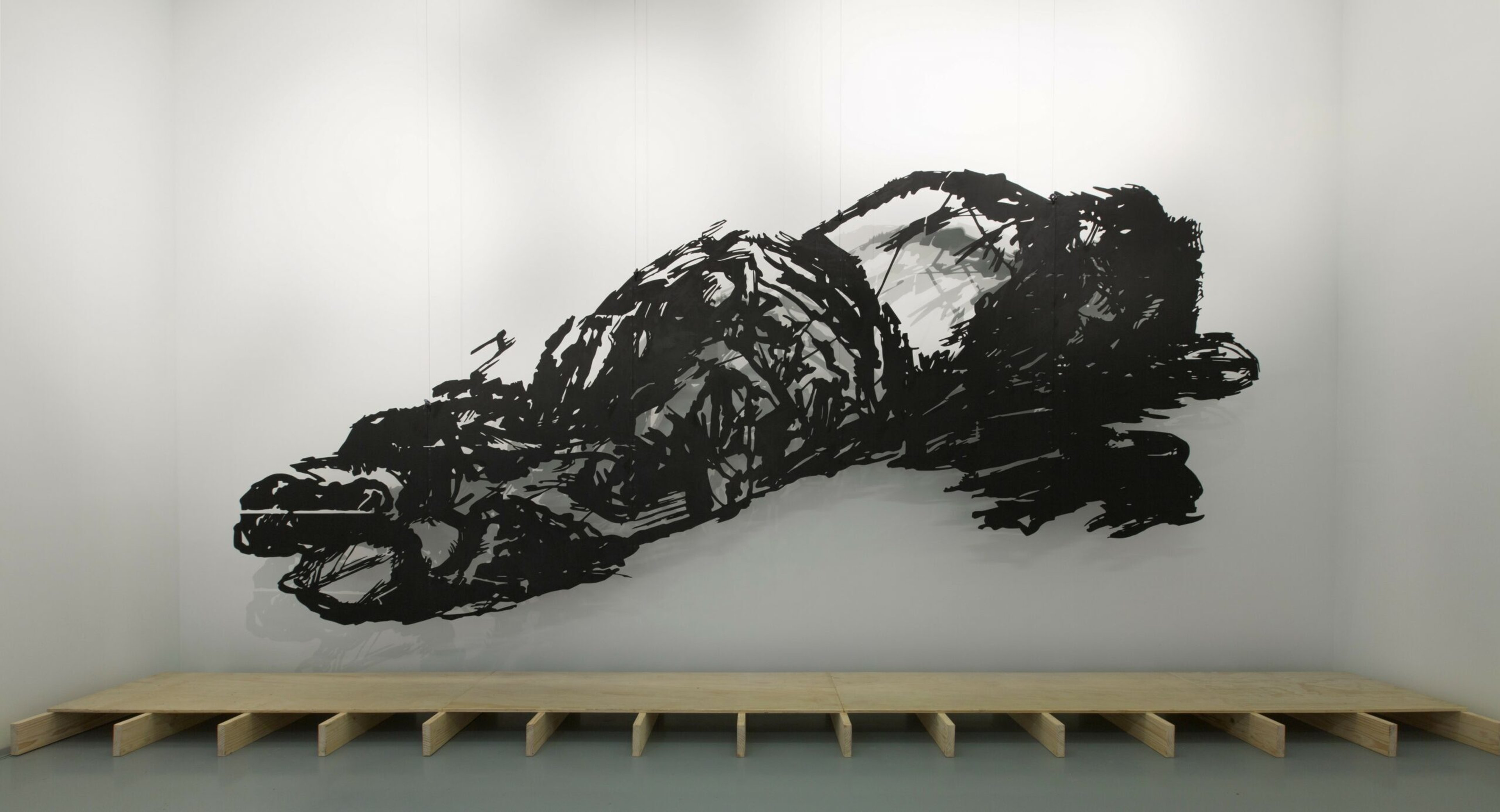Almost twenty years ago, Craig Foster and his brother Damon spent three years living in the central Kalahari of Botswana with Bushmen hunters where they filmed The Great Dance, a documentary about the role of hunting in Bushmen society and how by reading the tracks of animals, hunters were drawn into an intimate relationship with the animal they were hunting. This was followed by Cosmic Africa, a documentary that followed the journey of South African astrophysicist, Thebe Medupe, as he returned to the small South African town that he grew up in during apartheid, and attempted to reconcile his deep respect for tribal myths and its explanations of the universe, with his irrefutable scientific knowledge. Similarly, his fascinating film Sharkman was a powerful debunk of the myths around sharks, whilst stressing their critical role in the ocean as apex predators. Who can forget the astounding footage of a shark whisperer communicating with a Tiger shark via hypnosis, amongst many other things. And if the import of Craig’s work has not yet sunk in, then The Animal Communicator, a powerful documentary on animal whisperer Anna Breytenbach will most certainly hit home. Anna’s dedication to interspecies communication is explored in this documentary where Swati Thiyagarajan, India’s top environmental journalist, investigates the validity of Anna’s claims that she can communicate with animals. Her initial skepticism quickly dissipates as Anna proves that she is able to diagnose an animal’s problem and communicate information that is corroborated by the animal’s caregivers.
With all these documentaries, Craig was behind the camera as he told the stories of people who live closely connected to the natural world. But three years ago, Craig turned his focus to the ocean and in particular the kelp forests in the cold, wild waters at the tip of South Africa. It was then that he set himself the intention to dive every day without a wetsuit in order to discover, understand and document this pristine environment. In the process he formed an unlikely friendship with an octopus, who by way of interspecies communication began to recognize Craig on his every visit and welcome him with flashes of electric color. He also gained her trust so that she allowed him to take him hunting with her. Their extraordinary relationship has to be seen to be believed, which is why it was filmed for an episode of David Attenborough’s BBC’s Blue Planet 2 series – of which Craig is a scientific advisor.
